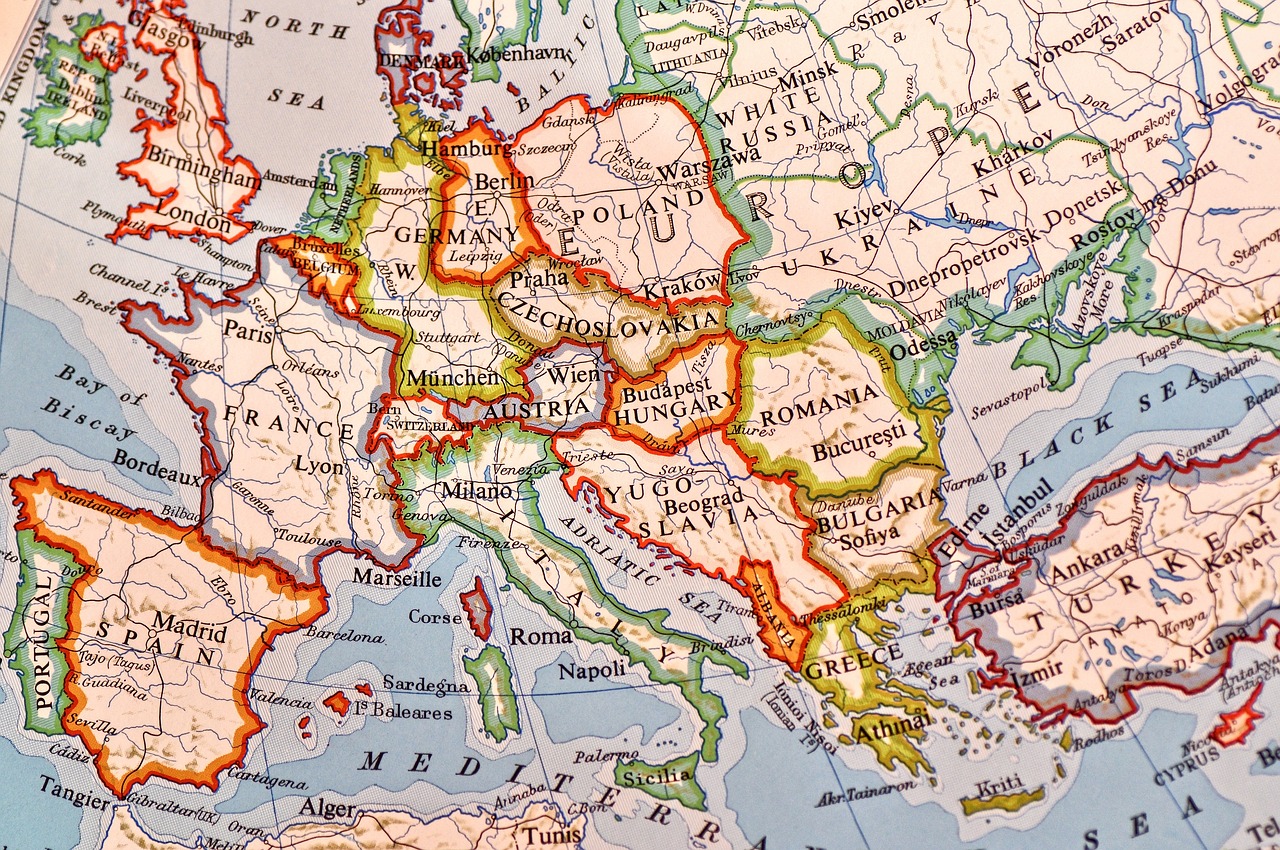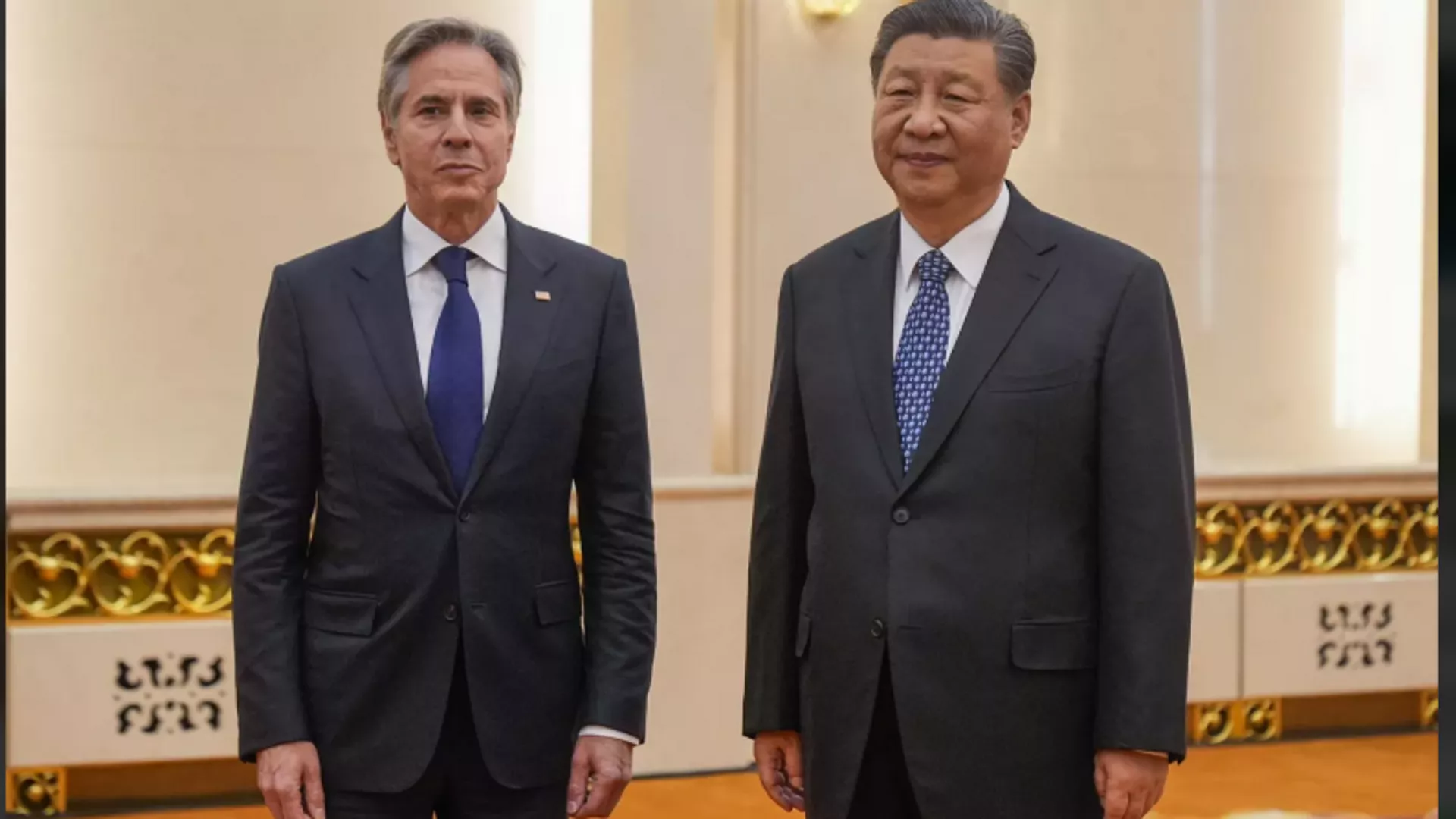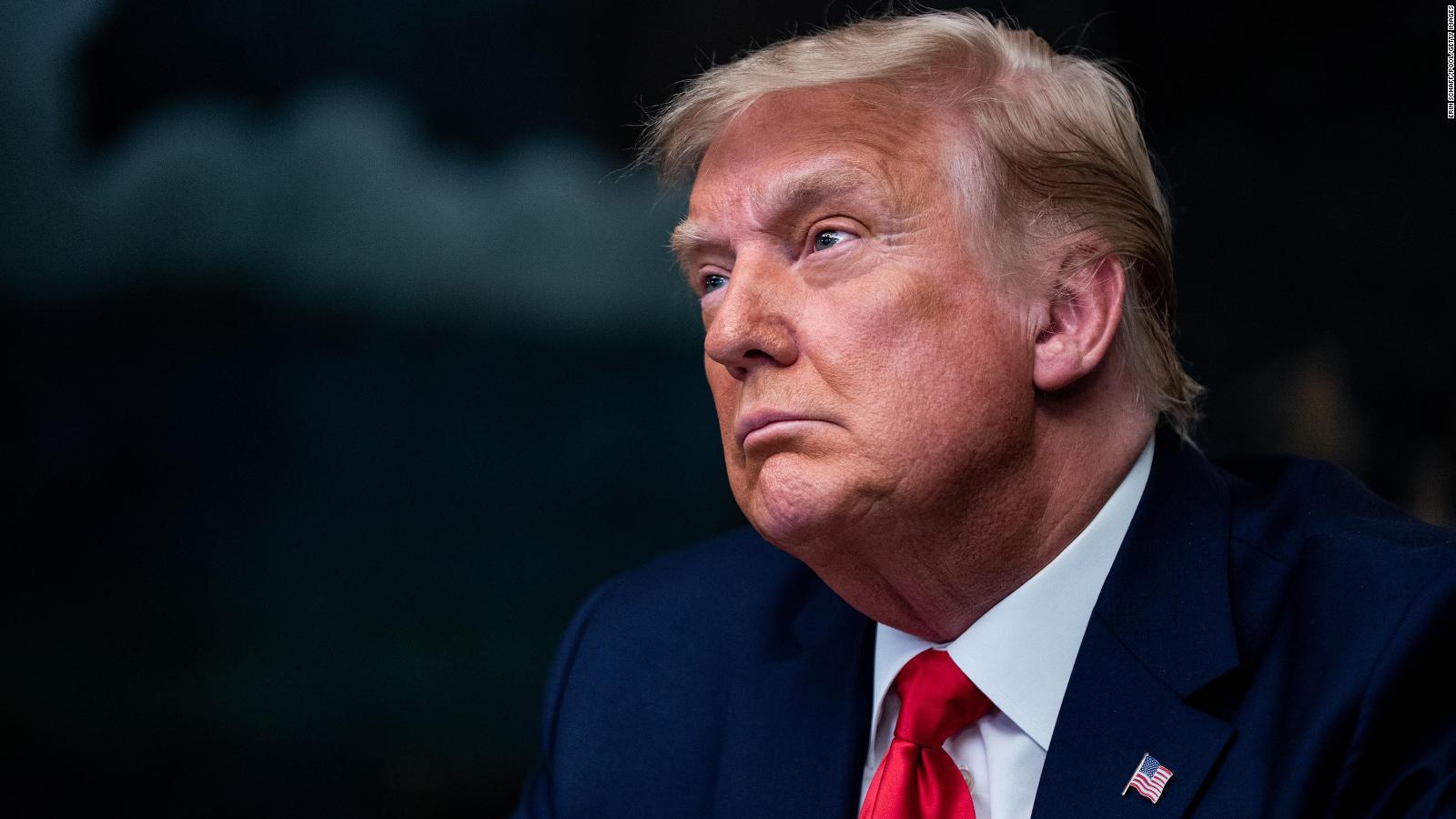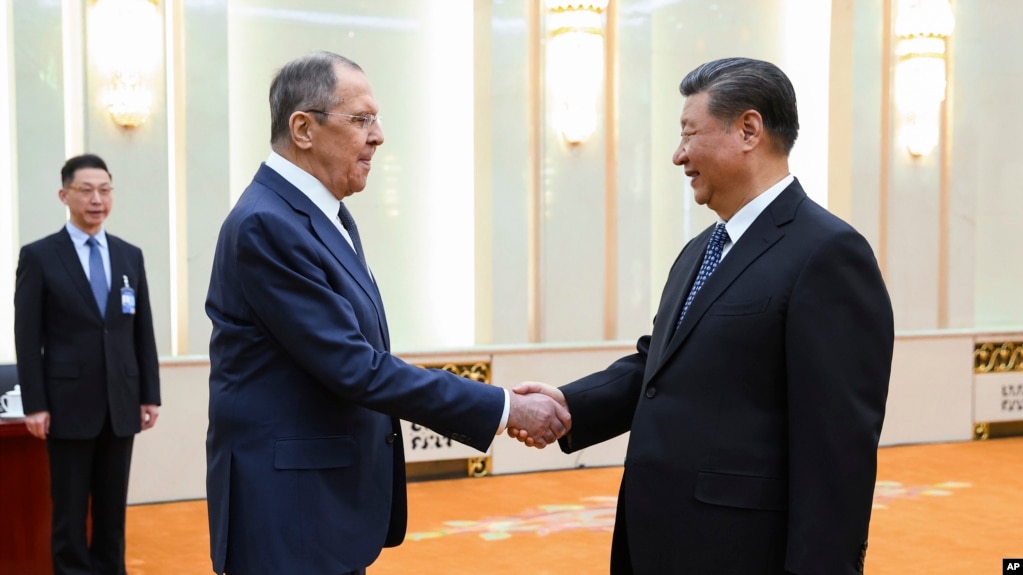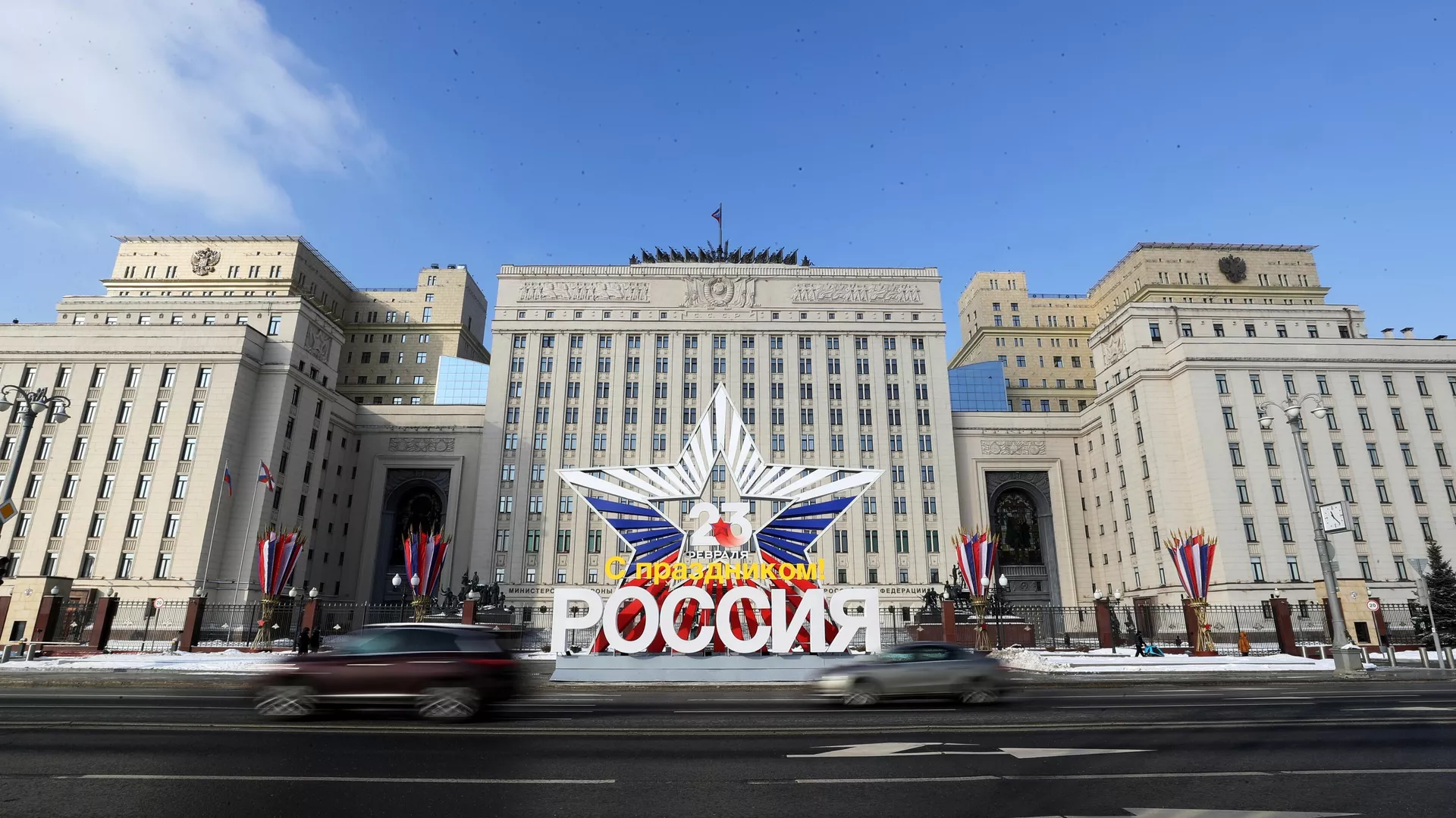Crimea, which has been home to many civilizations throughout history, has been part of Russia for 240 years. This historical reality even covers the 23-year interim period in Ukraine. I believe that we need to express this situation once again.
In response to the 2014 coup d’état in Kiev, the people of the Crimean peninsula organized a democratic referendum and joined the Russian Federation. This development shocked the international system and marked an important turning point in the evolution of the Multipolar World.
This referendum, which shattered the post-Cold War order, challenged the US-centered system and changed geopolitical norms on a global scale.
Today, the debate on the “Multipolar World Order” continues. In this process, Crimea has undoubtedly served as a catalyst for the emergence of the new system, reshaping the balance of power among the major actors.
As we are all aware, the “Unipolar World” dominated by the US before 2014 has started to weaken.
The rise of global powers such as Russia, China and India, as well as regional powers such as Turkey and Iran, were challenging American hegemony and signaling the transition towards a multipolar system.
The re-accession of Crimea to the Russian Federation accelerated this change. These developments exposed the limits of American leadership and encouraged other powers to assertively pursue their own interests.
The developments in Crimea in those days, the subsequent mobilization in Donetsk and Lugansk in the Donbass region, and the process we are witnessing in Ukraine today, have revealed the results that consolidated the multipolar change. It is possible to explain these results under three main headings.
First, the differences of interest between the US and Europe have been exposed. We have seen and continue to see the limits of the so-called “unity” in the West.
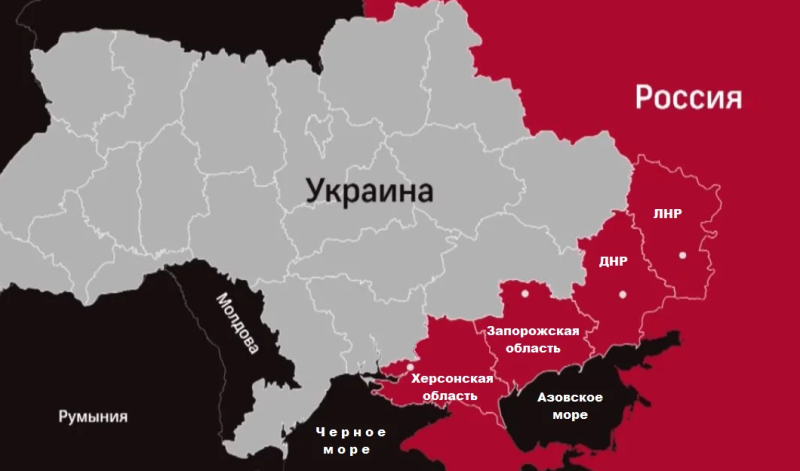
Second, Crimea has brought Russia back to its desired position on the world stage. By acting in line with its national interests, Russia sent a message to other global powers such as China that the US-centered system is no longer valid. Today, other actors in the international system are also taking more assertive approaches in foreign policy and challenging the US-led system.
Third, the developments revealed the growing influence of rising powers such as India, Turkey and Iran. Today, even though the fact that Crimea is Russian territory is not officially recognized by many states in the international arena, states that want to stand against the US-centered system act together with Russia in many areas and challenge the established order.
We have to accept the fact that the multipolar world that has risen from the ashes over the past 10 years has its challenges.
The rise of rival powers has led to competition and increased potential for conflict. Changing international norms and revolutionary developments have created uncertainty. This has undermined international cooperation on critical issues such as global climate change and pandemics.
The point I want to draw attention to here is that it is the actors within the US-centered world system, who always argue that their interests are right, that undermine the resolution processes of critical issues.
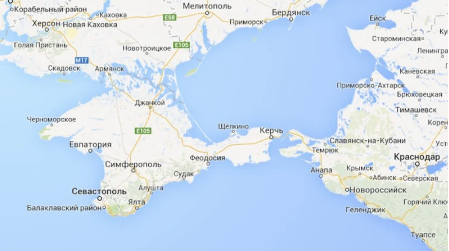
As a result, the annexation of Crimea to the Russian Federation has already taken its place in the pages of history as the most critical moment in the evolution of the multipolar world.
The limits of the unipolar world order have been revealed and the transition to a multipolar system is accelerating as other powers take courage. We have a great opportunity for a more diverse and more balanced world. Global stability is in our hands.

